$1.6 Billion Opioid Settlement
Florida is a major beneficiary of a recent legal settlement over the opioid crisis. Along with 14 other states, Florida has negotiated an agreement with three pharmaceutical distributors and one drug manufacturer to pay out massive settlements to compensate the state and its citizens for the effects of the opioid epidemic. All in all, the companies are expected to pay out $26 billion in settlements over the next several years—and Florida is set to receive up to $1.6 billion.
Pharmaceutical distributors AmerisourceBergen, Cardinal Health and McKesson are among the parties named in the settlement, along with drug manufacturer Johnson & Johnson. This is one of several settlements that Johnson & Johnson has been involved in over the past few months. After being sued by New York state, they formally agreed in May of this year to stop selling and promoting opioids in the United States, although they voluntarily stopped marketing the drugs in 2015 and discontinued production in 2020 under pressure from lawmakers. Nearly half a million people in the United States have died of opioid overdoses in the past two decades.
Florida Attorney General Ashley Moody, who announced the settlement on July 22nd, has stated that the majority of the funds that Florida will receive will be spent to combat the opioid epidemic. The state ranked 2nd only to California in the total number of opioid deaths last year, with an average of 21 fatal opioid overdoses every day. The funding will be used for treatment, prevention, and recovery services, in hopes of preventing further loss of life and deterring new users from trying opioids. The settlement also mandates the creation of a comprehensive database that shows where and how often the medications are being shipped, in order to detect and crack down on “pill mills,” clinics that fraudulently distribute opioids for financial gain without a medical purpose.
New “988” Number for Mental Health Emergencies
Florida’s Department of Children and Families’ Office for Suicide Prevention is preparing a report, to be released in October, on the implementation of a new emergency phone number, specifically for behavioral health emergencies. The new number, 988, is intended to go live nationwide in July of 2022. The Florida Mental Health Advocacy Coalition is also working on the rollout, persuading Florida lawmakers to invest in the new number and to fund the necessary services to make it functional.
Supporters of the plan note that law enforcement are not often trained in dealing with mental health emergencies. They propose the use of mobile crisis response teams, with social workers and other specially trained caregivers at the ready to assist people in crisis. The teams will deal with episodes of suicidality and other acute mental distress. The number is intended to replace 800-273-TALK, the previous national suicide hotline, but 988 will have the capability to provide a more robust response. Rather than merely chatting with callers, 988 operators, aka “care traffic controllers,” can dispatch teams of specialists who will be able to provide mental health services and assistance in person, and transport individuals who need immediate care to hospitals and behavioral health centers.
The hotline is intended to assist people who are dealing with drug overdoses as well. While suicide tragically results in 48,000 deaths a year nationwide, overdoses account for another 80,000 unnecessary and preventable deaths. Specially trained professionals with specific knowledge of different substances and how to counteract their effects, easily reachable with a 988 call, could help avert many of these deaths. The system would also reduce the workload for other emergency services, so that police and paramedics are able to focus on other concerns. The biggest roadblock to implementing the system is funding: it will be necessary to build and staff call centers to take 988 calls, and train and compensate crisis response teams. The National Alliance on Mental Illness, Mental Health America, among others, are calling on lawmakers to fund these efforts, and make 988 a reality.
Increased Funding for Mental Health in State Budget
Florida’s 2021-2022 state budget includes $2.5 billion in funding for behavioral health and substance abuse prevention, a substantial portion of the $101.5 billion total. Some behavioral health professionals had been concerned that Gov. Ron DeSantis would veto the funding in his final decision on the budget, which took place on Monday, May 31st. But even as he slashed more than $1 billion from the budget (more than any governor in the state’s history), DeSantis left most of the state’s mental health and substance abuse programs intact. Melanie Brown-Woofter, president and CEO of the Florida Behavioral Health Association, admitted feeling somewhat nervous before DeSantis made his decision: “We were hearing good things, but you never know until the bill is signed and you see the veto list,” she told Florida Politics.
The budget includes $137.6 million in funding for community-based behavioral health services. It increases funding for school mental health initiatives from $100 million to $120 million, and includes $5.5 million in funding for Youth Mental Health Awareness and Assistance Training. The state’s Community Action Teams, which provide intensive support for youth facing mental health issues or substance abuse disorders, received an increased total of $30.8 million, which will fund the creation of three new teams. $3.5 million was approved for the Florida Association of Managing Entities’ Road to Recovery program. Medication assisted treatment programs to combat the opioid crisis were also fully funded. And, reflecting the increased role of remote care in the wake of the COVID-19 pandemic, the budget also includes an additional $5 million boost in spending on behavioral telehealth services.
Turning Point of Tampa’s goal is to always provide a safe environment and a solid foundation in 12-Step recovery, in tandem with quality individual therapy and groups. We have been offering Licensed Residential Treatment for Addiction, Eating Disorders and Dual Diagnosis in Tampa since 1987.


